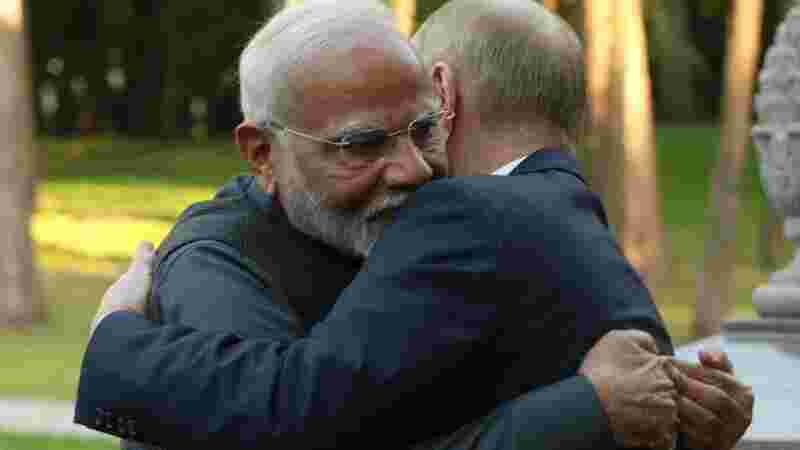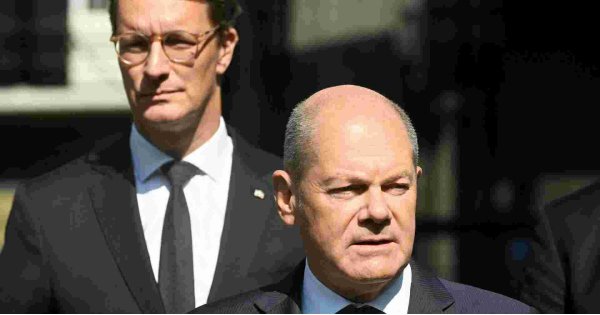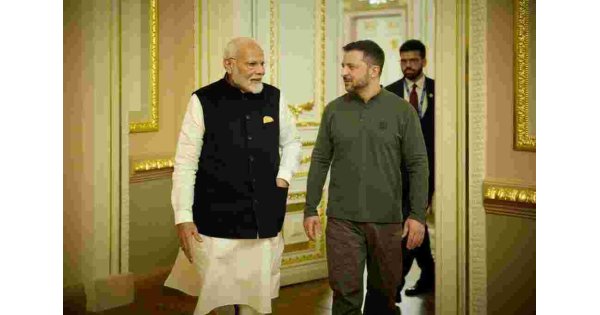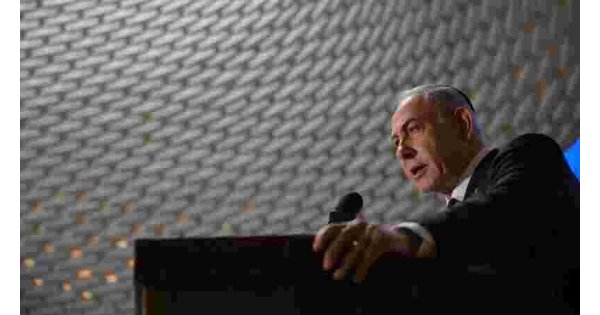Modi to Visit Ukraine Amidst Russia-Ukraine War, Offering Hope for Diplomacy and Dialogue
Indian Prime Minister Narendra Modi will travel to Ukraine on August 23, marking his first visit since the start of the war. This historic trip comes amidst a pivotal moment in the conflict, with Ukrainian forces pushing deeper into Russian territory in a surprising military offensive.
Modi's visit, at the invitation of Ukrainian President Volodymyr Zelensky, is seen as a crucial step towards fostering dialogue and promoting peace in the region. India has consistently advocated for a ceasefire in Ukraine, emphasizing the need for diplomacy and dialogue to resolve the conflict. However, India's stance has been criticized for its refusal to condemn Russia's actions and its abstention from UN resolutions on the matter.
India's economic ties with Russia, particularly its dependence on Russian military equipment and its increased purchase of discounted Russian crude oil, have also drawn scrutiny. These actions have provided a significant financial lifeline to Russia amidst Western sanctions.
Despite the criticism, Modi's visit to Ukraine is seen as a positive development, potentially paving the way for a more active role in mediating peace talks. India's Ministry of External Affairs emphasizes that the visit will provide an opportunity to discuss the entire spectrum of bilateral relations, with a strong emphasis on achieving lasting peace through a negotiated settlement.
This trip follows a visit to Russia in July, where Modi met with Russian President Vladimir Putin. The meeting, which included a friendly display of camaraderie, was met with condemnation from Zelensky, who described it as a "huge disappointment" and a "devastating blow to peace efforts."
While Modi did not directly address the ongoing attacks during his visit to Russia, he did acknowledge the suffering caused by the conflict and stressed the need for peace. He stated that "any person who believes in humanity is troubled when there are deaths, especially when innocent children die." He further emphasized that solutions are unlikely to come through war, but rather through peace and dialogue.
Modi's forthcoming visit to Ukraine, coupled with his previous meeting with Putin, demonstrates India's commitment to engaging with both sides of the conflict. While the visit is unlikely to yield immediate solutions, it represents a significant step towards fostering dialogue and potentially contributing to a peaceful resolution of the war.
Additionally, Modi will visit Poland on August 21-22, marking the first visit by an Indian prime minister in 45 years. This trip further underscores India's commitment to engaging with key players in the region and maintaining its diplomatic efforts to promote peace and stability.
Modi to visit Ukraine, weeks after Kyiv condemned Indian PM for hugging Putin in Moscow
Indian Prime Minister Narendra Modi will travel to Ukraine, according to the Ministry of External Affairs, weeks after he made his first trip to Moscow since Russia launched its full scale invasion.





